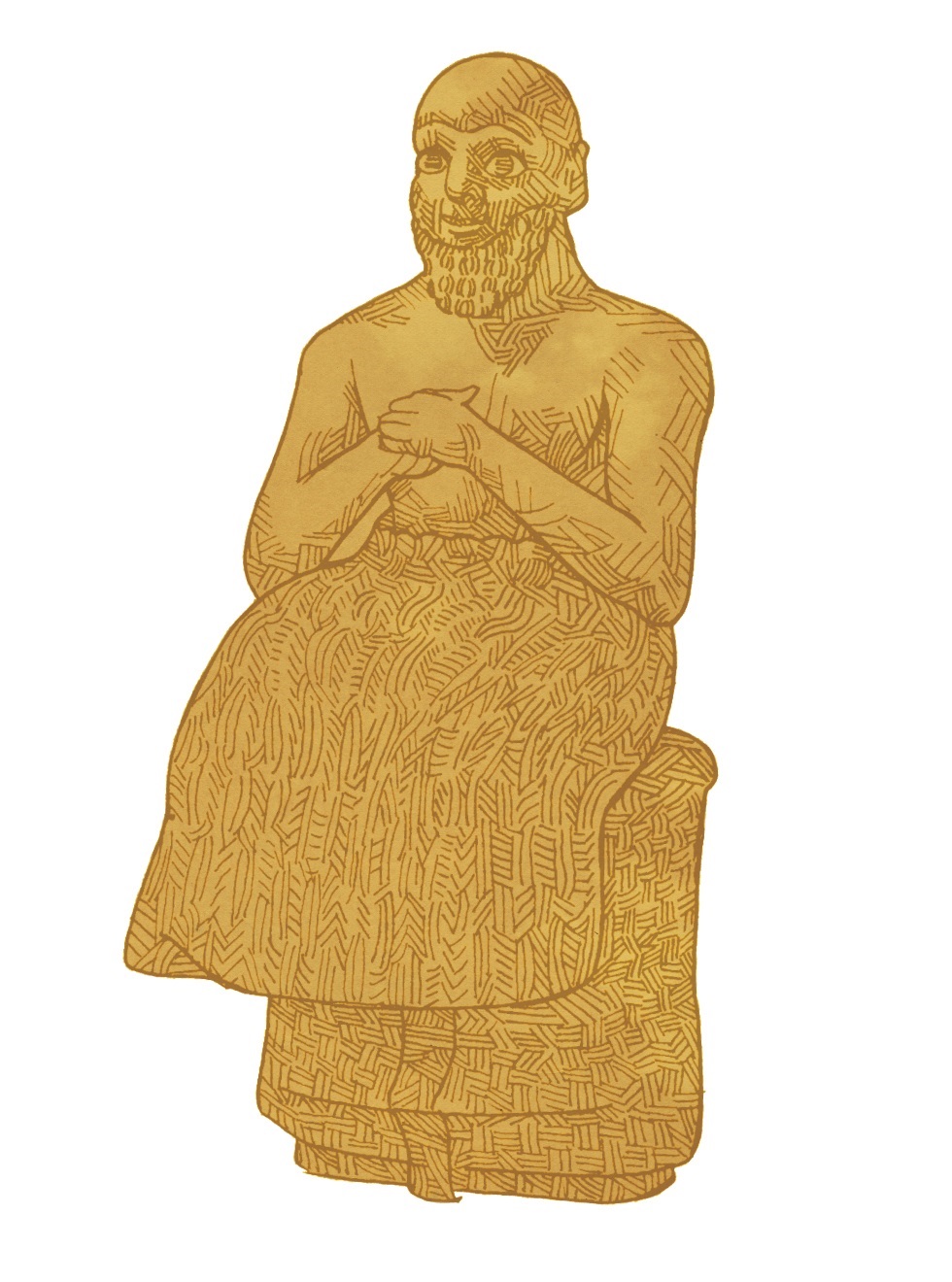Letters of Kings about Votive Offerings, The God of Israel and the Aramaic Document in Ezra 4:8–6:18
DOI:
https://doi.org/10.5508/jhs.2008.v8.a23Abstract
Building on Bill’s Arnold’s thesis that the presence of Aramaic in Ezra presents a shift in perspective to an external point of view, Joshua Berman has theorized that Ezra 4:8—6:18 presents a narrator who is speaking from a gentile point of view as opposed to a Judean voice for the Hebrew that precedes and follows this Aramaic section. However, Berman’s thesis does not account for all of the narration in this Aramaic text. The narrative verses that link the individual letters in this section indicate that the controlling voice for the overall narration is pro-Judean. These verses employ the Judeo-centric language and demonstrate that the author had a Judean source for much of the information he presents. Moreover, the narrative that connects the letters demonstrates the narrator’s knowledge of the Judean prophets, their names, patronymics and office as prophets (5:1; 6:14), revealing his Judean perspective. Ultimately, this narrator reveals his viewpoint by placing the command of God next to the decrees of Persian kings (6:14). Thus, Ezra 4:8—6:18 is a single literary creation, a document that is the result of an archival search and is designed to persuade the reader that the Judeans ought to be allowed to build in Jerusalem. The inclusion of this Aramaic document in Ezra is the author/editor’s way of demonstrating that even under foreign dominance, the Judeans will ultimately prosper because their God controls the events of the narrative and speaks through pro-Judean narrators even in a foreign tongue.Downloads
Published
2008-12-31
How to Cite
Steinmann, A. E. (2008). Letters of Kings about Votive Offerings, The God of Israel and the Aramaic Document in Ezra 4:8–6:18. The Journal of Hebrew Scriptures, 8. https://doi.org/10.5508/jhs.2008.v8.a23
Issue
Section
Articles

 Statue of Ebih-Il, drawing by Simeon Goa, © Journal of Hebrew Scriptures
Statue of Ebih-Il, drawing by Simeon Goa, © Journal of Hebrew Scriptures
